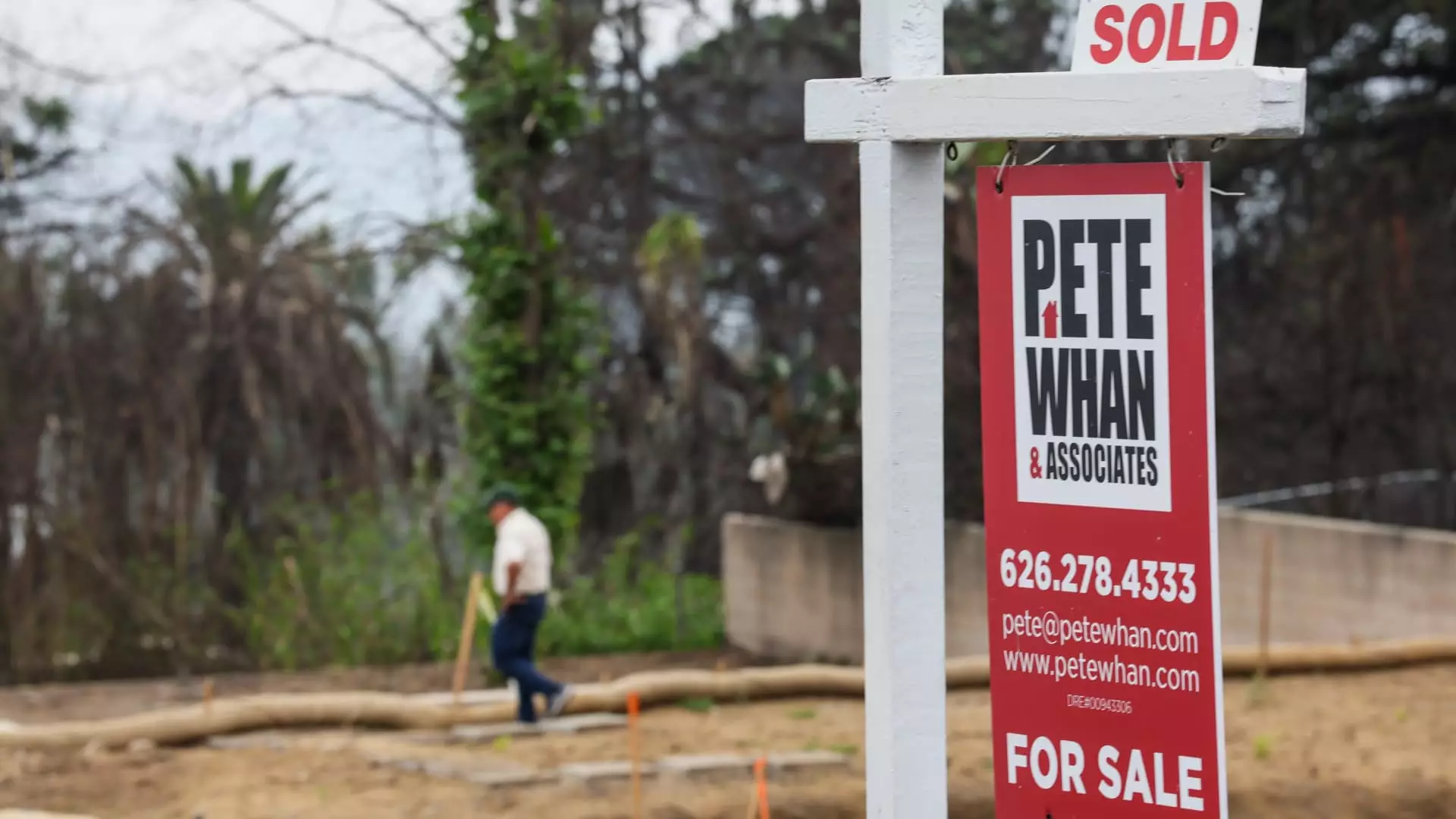Recent financial developments cast a shadow over the stability of the housing sector, revealing an unsettling shift toward economic uncertainty. The surge in Treasury yields has rippled through the mortgage landscape, causing application volumes to plummet by 10% in just one week. Such a decline suggests that potential homeowners and investors are growing increasingly hesitant, driven by fears of worsening economic conditions. The fact that mortgage rates have now risen above 6.8% highlights the tightening credit environment, making homeownership less accessible and potentially stalling the broader economic recovery. The housing market, which had been showing signs of softening, now faces additional headwinds as inventory remains elevated but buyers retreat amid rising borrowing costs.
Slowdown Reflects Nervousness and Market Sentiment
The decline in mortgage applications signals more than just a cyclical slowdown; it exposes a fundamental shift in investor and consumer confidence. Despite the steady increase in property inventory since January, even potential sellers are abstaining from listing homes, fearing that low demand will diminish their returns. This pullback further exacerbates inventory issues, dragging down home prices and creating a downward spiral difficult to halt. The dip in purchase applications—down 12% week-over-week—underscores growing apprehension among buyers who are increasingly deterred by the amplified costs of financing a home. Even the relatively lower rates for jumbo loans do little to reverse the trend, as the overall economic outlook remains fragile.
Refinancing and the Broader Economic Implications
Refinance activity has also experienced a significant setback, declining by 7% in just one week, and reflecting the broader impact of rising rates on consumer financial behavior. Higher borrowing costs are squeezing household budgets, reducing the incentive for refinancing and further constraining economic mobility. These declines are occurring despite a modest year-over-year increase, which indicates that the trajectory is more concerning than the raw numbers suggest. Experts predict that the rise in mortgage and Treasury rates is not a temporary phenomenon but symptomatic of deeper economic concerns, including the shadow of potentially destructive tariffs that threaten to undermine growth prospects.
Underlying Economic Tensions and Political Responsibility
What emerges from this analysis is a fragile economy increasingly vulnerable to external shocks and policy missteps. The impact of tariffs—often driven by political decisions—has unintended consequences that reverberate through the financial system, hampering recovery efforts. While some may argue for short-term protective measures, the overarching reality is that excessive reliance on tariff tensions hampers investment, dampens consumer confidence, and stifles economic expansion. A measured, center-leaning approach that balances trade policies with fostering sustainable growth is essential. Ignoring the interconnectedness of these factors risks plunging the economy into a prolonged downturn, with homeowners, workers, and future generations bearing the brunt of shortsighted policies.
Through this lens, it becomes clear that the current financial climate demands nuanced, pragmatic responses rooted in responsible governance—ones that acknowledge the risks of protectionism while promoting a stable, inclusive economic environment that benefits everyone.


Leave a Reply